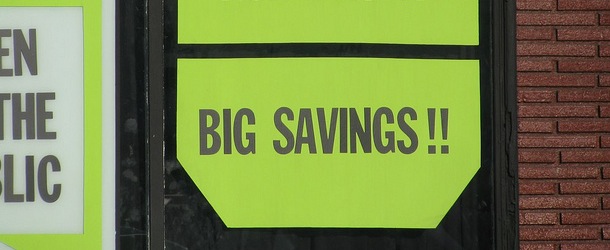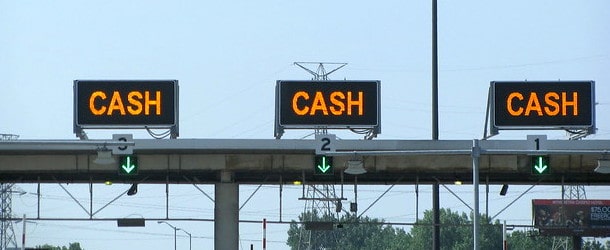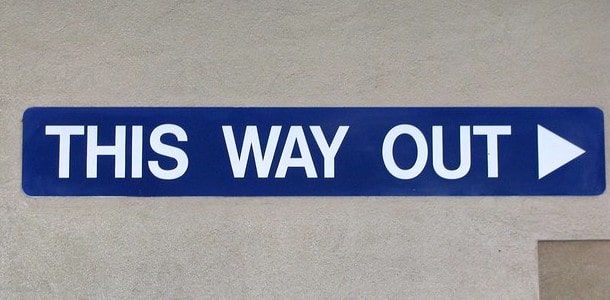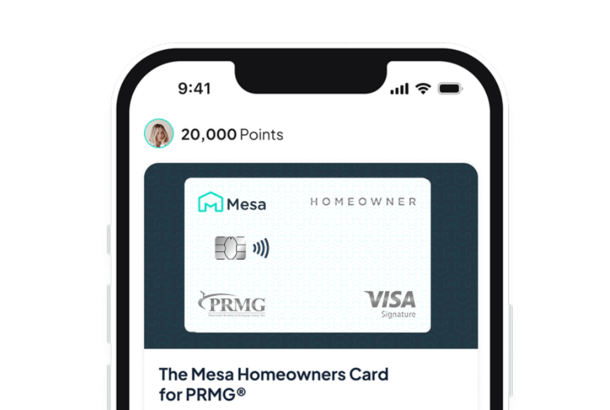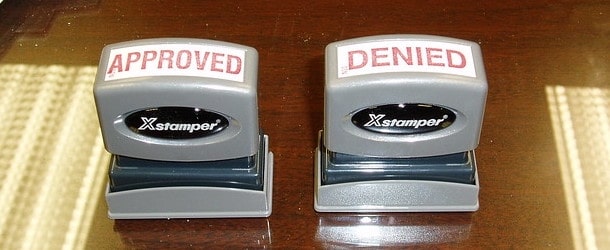Mortgage News
The latest real estate and mortgage industry news, digested. Look beyond the headlines to better understand what’s really happening.
I’ve been covering the mortgage industry since 2006, at a time when scores of banks and lenders were closing their doors after some very big boom years.
In fact, you can see my ongoing list of mortgage layoffs and closures if you’re curious just how many companies didn’t survive that period.
Fortunately, the climate has improved considerably since then, despite a big uptick in mortgage rates lately.
This too has led to companies merging or folding entirely, though this time around due to a lack of volume as opposed to an increase in loan defaults.
I strive to write compelling mortgage news stories, whether it’s the top lenders for a given year, a novel mortgage product, new loan limits, or a big policy change.
You can see all my latest mortgage news posts below.

